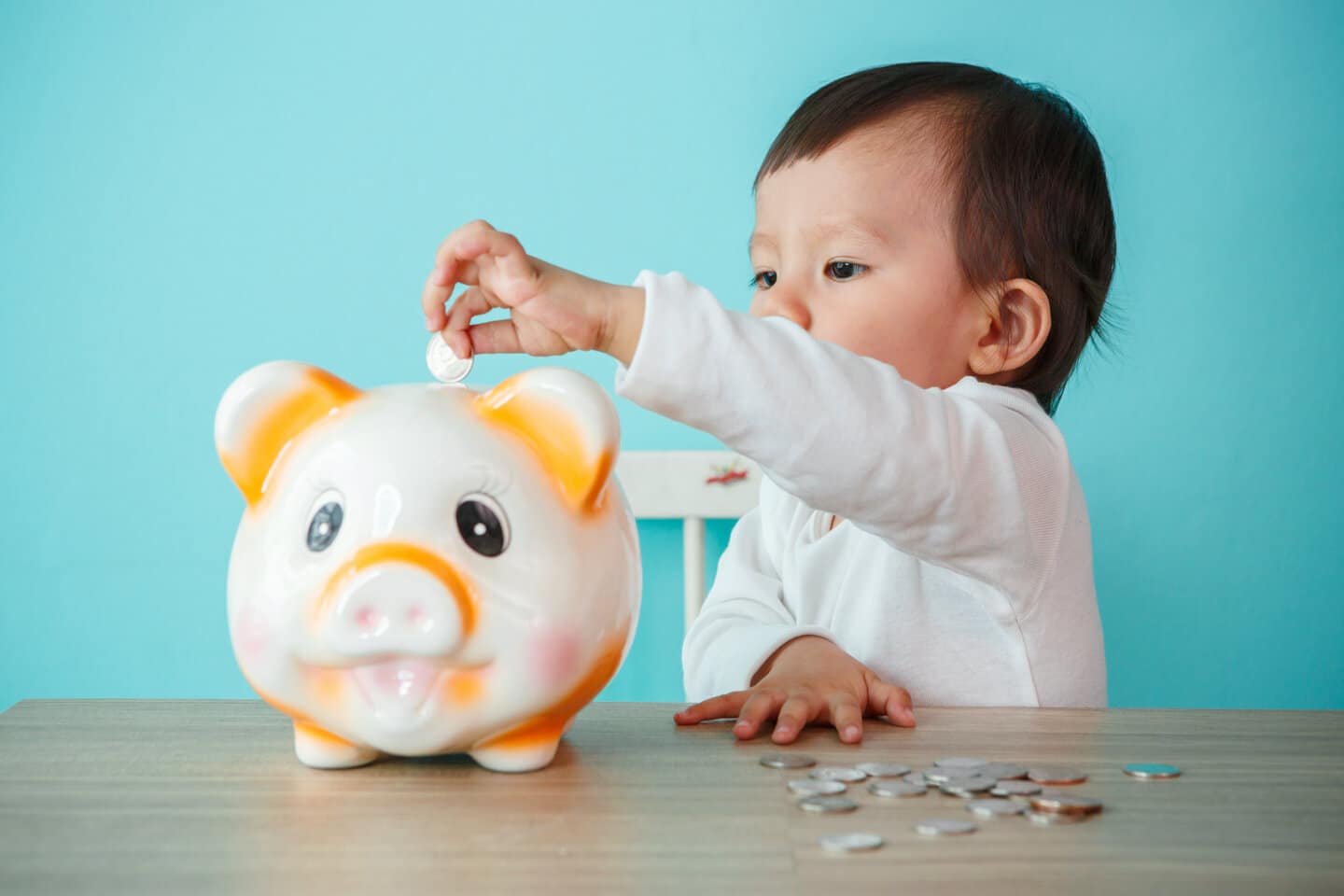Jasmine Birtles
Your money-making expert. Financial journalist, TV and radio personality.


Could your child (or even, if you’re a young adult, you yourself) be sitting on a trust fund that you or your parents had completely forgotten about? If you were born or had children between 2002 and 2011, this might very well be the case. Read on to find out all about the Government’s Child Trust Fund scheme, and how to work out if you’re potentially about to be in receipt of a whole heap of cash…

A Child Trust Fund (CTF) is a long-term tax-free savings account for children. They were set up by the Government to introduce children to the concept of saving, and to encourage them to reach adulthood with some savings behind them.
Whilst the scheme was running, the Government sent new parents vouchers of £250 (up to £500 for low income families) as a “starting payment” to kick off the fund. Nearly 6.5 million of these vouchers were issued to families during the period that the scheme was open.
The scheme is now closed (it was replaced by the Junior ISA in 2011). This means you can no longer open a CTF. However, if you have an existing one you can still add up to £9000 a year to it. Your child will be able to take control of the account when they turn 16. They will not be able to access the money, however, until their 18th birthday.
There is no tax paid on savings in a Child Trust Fund, and having one does not affect any benefits that you might be entitled to.
The scheme was open for children born between 1st September 2002 and 2nd January 2011, which means if you had a child during this period they may have a Child Trust Fund. Equally, if you are a young adult who was born towards the beginning of this period you should check with your parents whether a fund was opened on your behalf.
Child Trust Funds started maturing in September 2020, when the first children to benefit from the scheme reached the age of 18.
If this is you (or your child) and you have a fund, you should contact the provider ahead of the fund’s 18th birthday. This will allow you to check what changes, if any, are likely to come into play when the funds matures. You will then be able to transfer it to a standard adult ISA.
If you don’t contact the provider, the Child Trust Fund will be held in a protected account until you do so.
Don’t know whether a fund exists, or can’t remember who the provider is? Don’t worry. We’ll tell you how to track it down later in this article.
Maturity when it comes to bank accounts often means that the holder will no longer receive the same interest rate that they had done previously. The Government is making legislative changes when it comes to Child Trust Funds, however. The policy will “amend CTF regulations to make sure that investments in CTF accounts can retain their tax advantaged status post-maturity pending instructions from the account holder”. It will also amend ISA regulations, to allow savings transferred from a matured Child Trust Fund to be discounted from the annual ISA limit. This is, of course, very good news for those with existing funds that are nearing maturity.
You can find more general information on what it means for a fund to mature here.

When you (or your parent/s) opened your fund, they will have had a choice over which provider to go with. On making the choice, they might have decided to go with a fund that was invested in shares rather than in cash.
If that was the case, this is very good news. According to insurer NFU Mutual, funds that were invested in shares have performed better and returned more than those invested in cash. In some cases, those with shares have doubled the amount that parents have invested.
It’s likely your fund was probably invested in shares rather than in cash. In fact, nearly five million accounts were stocks investments. That’s compared to just over a million that were invested in cash.
Panicking that your child may have a Child Trust Fund that you can’t remember the details of? Don’t worry. The Government has made it easy to track down funds that have potentially been forgotten.
This page on Gov.uk will take you through the process of tracking down a Child Trust Fund. You’ll need to fill in a form in order that HMRC can identify the fund’s provider. You’ll also need either your child’s National Insurance Number, or your own if you’re trying to track down your own fund. HMRC should be able to send through details within three weeks of you submitting the form.
Want to know more about taxes, inheritance, and children and money? Read these next!
*This is not financial or investment advice. Remember to do your own research and speak to a professional advisor before parting with any money.
